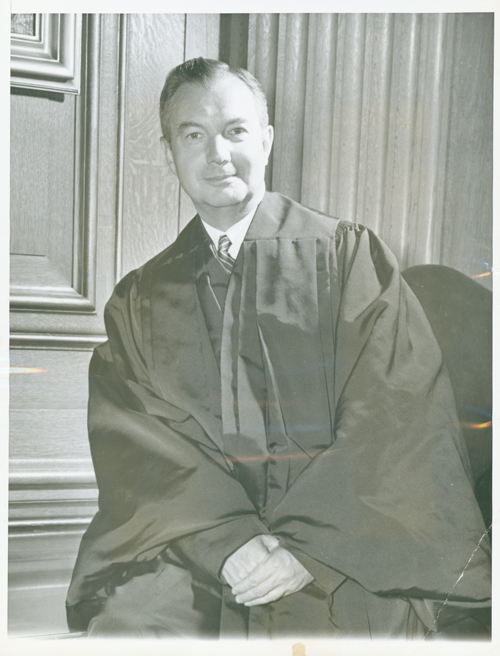
On June 14, 1943, the United States Supreme Court issued one of its most powerful decisions on the meaning of the First Amendment. In West Virginia State Board of Education v. Barnette, the Court struck down a state policy requiring schoolchildren to salute the flag and recite the Pledge of Allegiance, ruling that the government cannot compel citizens to declare beliefs against their conscience.
This case is remembered not only for its outcome but also for the eloquent majority opinion written by Justice Robert H. Jackson.

In a 6–3 ruling, the Court sided with the Barnette family and struck down West Virginia’s policy as unconstitutional.
Writing for the majority, Justice Robert H. Jackson declared that the First Amendment protects freedom of thought and belief against government compulsion.
West Virginia v. Barnette continues to shape debates about: